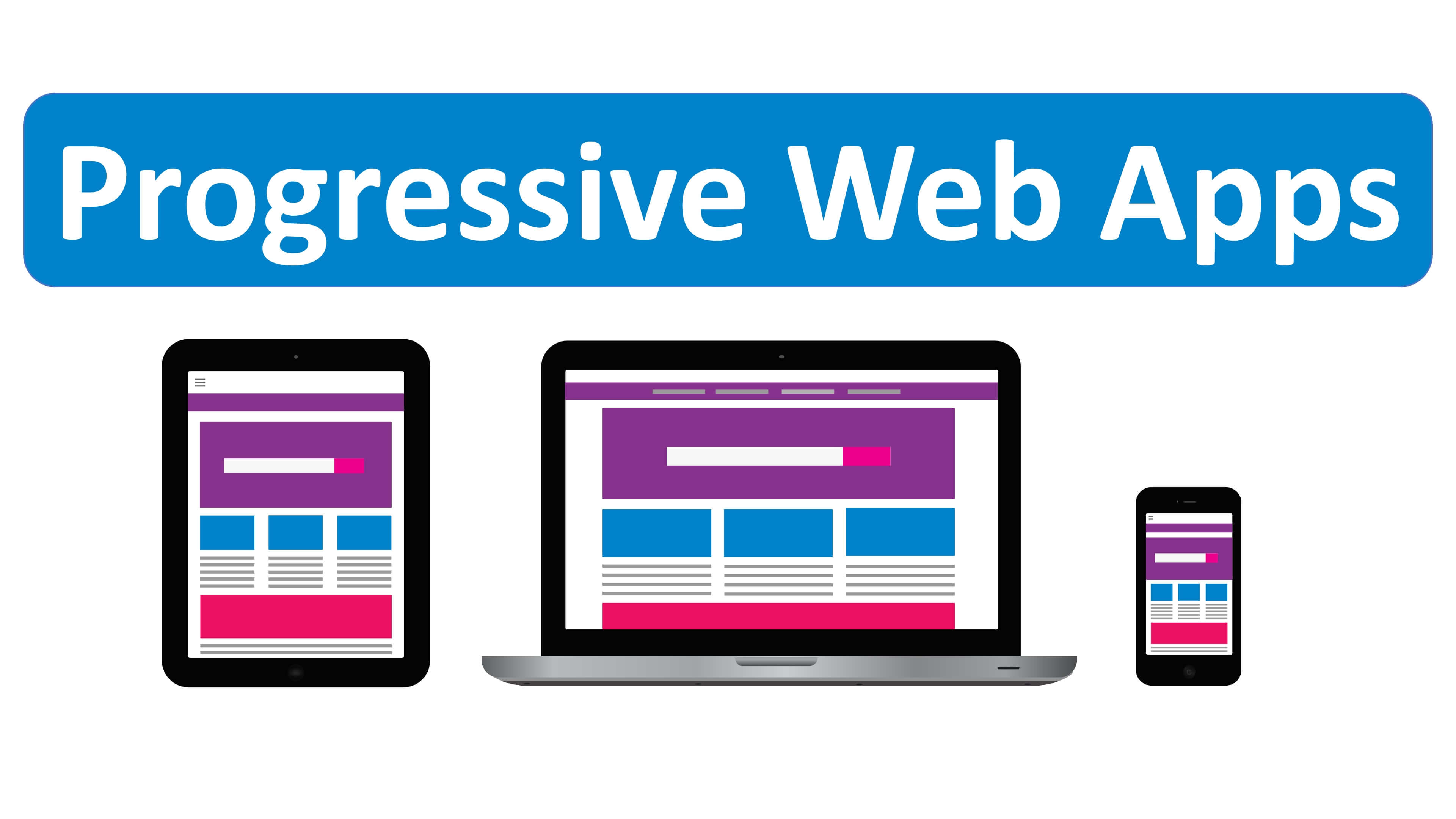0818 Work Insights
Your go-to source for the latest work trends, tips, and advice.
Progressive Web Apps: The Future of Browsing Is Here
Discover why Progressive Web Apps are revolutionizing the browsing experience and why you can't afford to miss out on this game-changing technology!
What Are Progressive Web Apps and How Do They Transform Your Web Experience?
Progressive Web Apps (PWAs) represent a significant advancement in web technology, blending the best features of both web and mobile applications. By leveraging modern web capabilities, PWAs deliver a more engaging user experience that is fast, reliable, and responsive. They enable users to interact with a website just like a native app, offering features such as offline access, push notifications, and the ability to install the app directly from the browser. This transformative approach not only enhances user satisfaction but also improves loading times, which is crucial for both user retention and search engine optimization (SEO).
Moreover, Progressive Web Apps are designed with a focus on performance and convenience. They utilize service workers to cache assets and API responses, ensuring that users can access essential content without a stable internet connection. This offline capability is particularly important in areas with poor connectivity, allowing seamless browsing even when the network is unreliable. As businesses increasingly prioritize user experience, adopting PWAs can lead to higher engagement rates, improved conversion metrics, and ultimately, a substantial boost in search engine rankings.

The Benefits of Progressive Web Apps: Why You Should Consider Them for Your Business
Progressive Web Apps (PWAs) offer a seamless user experience that combines the best of both web and mobile applications. This innovative technology enables businesses to reach a wider audience by providing a reliable, fast, and engaging platform for users. One of the key benefits of PWAs is their ability to work offline or on low-quality networks, reducing bounce rates and increasing user retention. Additionally, they are designed to be responsive, adapting to various screen sizes and orientations, which enhances the accessibility of your content across devices.
Implementing PWAs can also significantly improve your search engine optimization (SEO) efforts. Since they load quickly and deliver an app-like experience, PWAs can lead to higher engagement rates, lower loading times, and improved user satisfaction—all of which are favorable signals for search engines. Moreover, PWAs are easily discoverable through search engines, just like traditional websites, making it easier for potential customers to find your business. Consider transitioning to a PWA to leverage these advantages and stay ahead of your competitors in the digital landscape.
Progressive Web Apps vs. Traditional Apps: Which Is Right for You?
When considering Progressive Web Apps (PWAs) versus traditional apps, it's essential to understand their fundamental differences and how they cater to varying user needs. PWAs are designed to provide a seamless web experience while leveraging the capabilities of modern browsers, allowing for features like offline access and push notifications without requiring installation from an app store. This makes them highly accessible and user-friendly, particularly for businesses looking to enhance their reach without the complexities associated with native app development.
On the other hand, traditional apps typically offer deeper integration with device hardware and can deliver more advanced functionalities, such as enhanced graphics for gaming or complex processes for productivity tools. However, they often require thorough app store registrations and updates, which can lead to longer development cycles. Ultimately, the choice between Progressive Web Apps and traditional apps should be based on your target audience, desired features, and budget considerations. Analyzing these factors will guide you to the solution that best fits your business goals.